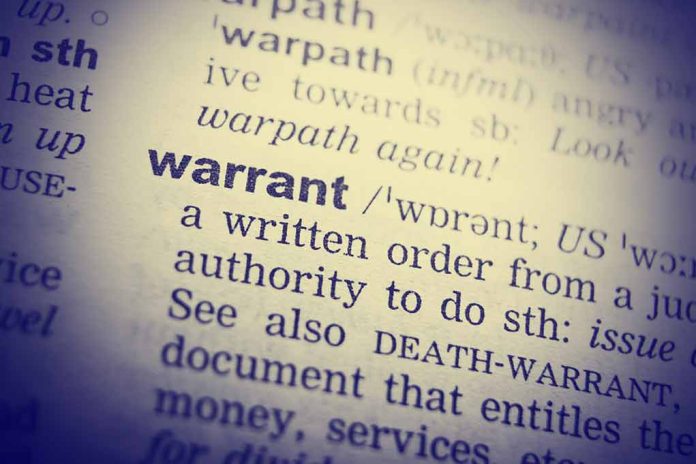
The International Criminal Court’s arrest warrants against Benjamin Netanyahu and Yoav Gallant have stirred significant global attention, sparking a complex legal and diplomatic scenario.
At a Glance
- The ICC has issued arrest warrants for Netanyahu and Gallant for alleged war crimes in Gaza.
- These allegations are connected to actions from October 8, 2023, to May 20, 2024.
- Israel and the United States do not recognize ICC jurisdiction, but warrants pose travel risks for Israeli officials.
- Netanyahu and Gallant face accusations involving crimes against humanity.
- A warrant has also been issued for Mohammed Diab Ibrahim Al-Masri, or Mohammed Deif, a Hamas leader involved in the October 2023 attacks.
ICC Arrest Warrants Explained
The International Criminal Court has issued arrest warrants for Israeli Prime Minister Benjamin Netanyahu and former Defense Minister Yoav Gallant. These warrants are based on accusations of war crimes and crimes against humanity during Israel’s military actions in Gaza. Specifically, the warrants cite activities alleged to have taken place from October 8, 2023, to May 20, 2024. The ICC’s Pre-Trial Chamber announced its decision rejecting earlier challenges to its jurisdiction, moving forward with charges related to Israel’s retaliatory operations.
The arrest warrants indicate that Netanyahu and Gallant could be detained in any of the 120 ICC member countries. The court accuses both leaders of the war crime of using starvation as a warfare method and intentionally attacking civilians. Despite these charges, neither Israel nor the United States acknowledges the ICC’s authority, complicating potential extraditions or arrests.
Response from Israeli Officials
The Israeli government has voiced strong opposition to the ICC’s decision. National Security Minister Itamar Ben Gvir criticized the ICC, calling it “antisemitic.” Additionally, Transport Minister Miri Regev defended the Israeli military’s operations, saying that protecting citizens remains a national and moral duty. Such statements reflect the government’s stance as they continue to reject the legitimacy of ICC actions against Israeli leaders.
The situation in Gaza has been volatile since the October 2023 attacks by Hamas. In response, Israel conducted extensive military operations, leading to substantial casualties in Gaza. The conflict has led to severe humanitarian concerns, with a death toll reportedly exceeding 44,000, including many civilians.
Breaking: The International Criminal Court issued arrest warrants for Israeli Prime Minister Benjamin Netanyahu and former Defense Minister Yoav Gallant, alleging they committed war crimes and crimes against humanity during the offensive in the Gaza Strip https://t.co/cvbkhSxp9x
— The Wall Street Journal (@WSJ) November 21, 2024
Potential Global Implications
The ICC’s move places Benjamin Netanyahu and Yoav Gallant under significant international scrutiny, especially when traveling outside Israel. The possibility of detainment in any ICC member country presents a substantial risk to their mobility. Additionally, the arrest warrants raise questions about future international diplomatic relations, particularly between ICC member states and Israel.
The ICC has also filed for a warrant targeting Hamas military commander Mohammed Diab Ibrahim Al-Masri, or Mohammed Deif, who reportedly had a large role in planning the October 7, 2023 attacks. The court’s actions mark a significant development in international law, underscoring the complexities of prosecuting global leaders for alleged crimes.
Sources
- ICC issues arrest warrants for Netanyahu, Gallant and Hamas leader Deif
- ICC issues arrest warrant for Benjamin Netanyahu over war crimes in Gaza
- ICC issues arrest warrant for Benjamin Netanyahu over war crimes in Gaza
- ICC issues arrest warrants for Israeli PM Netanyahu and ex-defense minister Gallant over alleged war crimes in Gaza

















